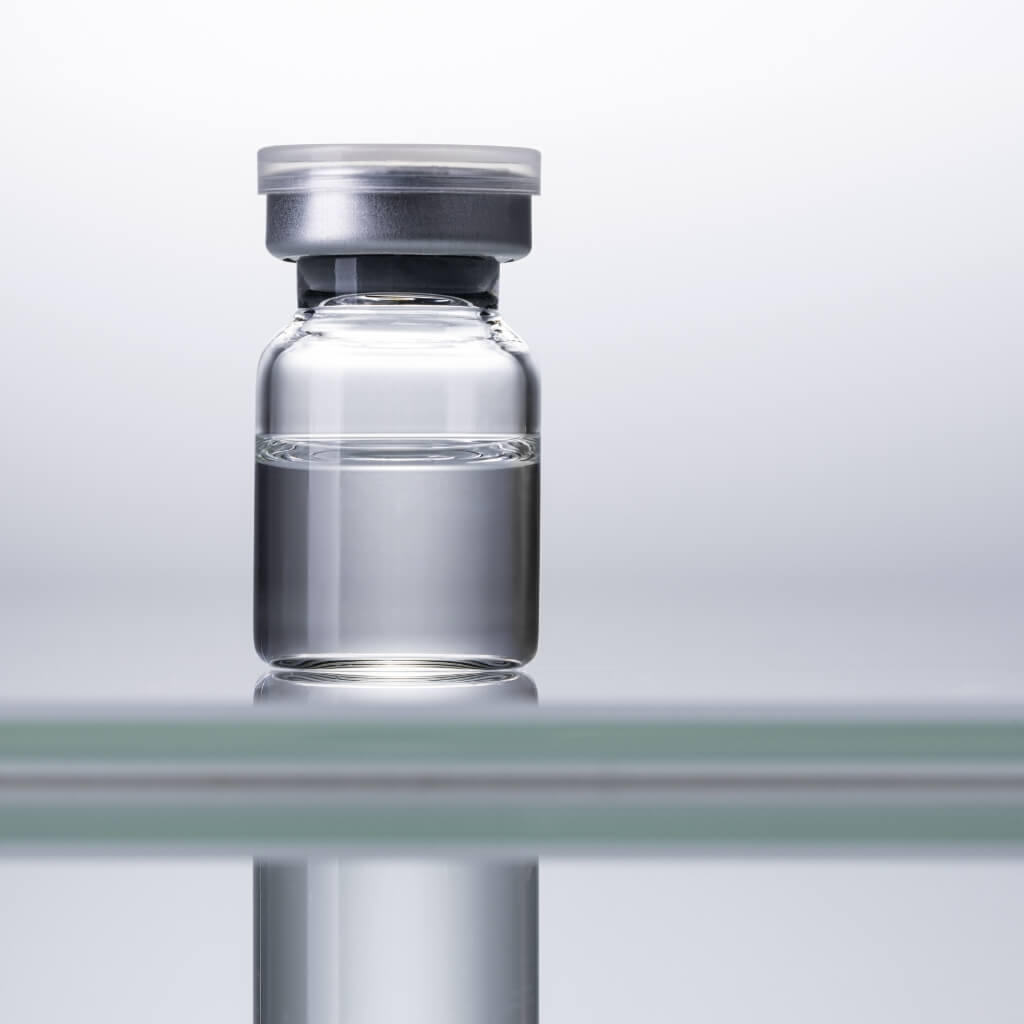Chimeric Antigen Receptor T Cell Therapy (CAR-T): Genetically programmed immune cell binds to and destroys cancer cell / Therapy is now available for the majority of indications
20. January 2022 • Digital Health
20. January 2022 • Digital Health
Since January 1, 2022, the Clinic and Polyclinic for Hematology, Cell Therapy, and Hemostaseology of the University Hospital Leipzig (UKL), under the direction of Prof. Dr. Uwe Platzbecker, belongs to the European Reference Network EuroBloodNet. The network is a unique and innovative cross-border cooperation platform for specialists in diagnosing and treating complex and rare hematological diseases.
“It will enable us to provide better care for our patients with rare blood cancers in the future, because we will benefit from the research results and experience of this European network. At the same time, our findings will benefit patients with rare diseases from the other highly qualified multidisciplinary healthcare teams involved in 14 other countries in Europe,” says Dr. Anne Sophie Kubasch from the team led by Prof. Dr. Uwe Platzbecker, Director of the Department of Hematology, Cell Therapy, and Hemostaseology.
The main goal of EuroBloodNet is to create the best healthcare for patients with rare blood cancers by pooling expert knowledge and resources across Europe. State-of-the-art diagnostic procedures and therapies will be promoted while removing all barriers to their provision at the European level. The network aims to ensure that all European citizens affected by a rare hematological disease have equal access to highly specialized care. EuroBloodNet covers oncologic (adult patients) and non-oncologic (children and adults) rare hematologic diseases, including myeloid and lymphoid malignancies, rare anemias, forms of bone marrow failure, rare blood coagulation disorders, and rare hereditary forms of hemochromatosis.
Prof. Platzbecker explained that any institution wishing to become a member of a European Reference Network must demonstrate a distinct level of expertise in advance. “We are very pleased that, after an extensive application and review process, we at Leipzig University Hospital are now among the 66 highly qualified centers in Europe that are particularly dedicated to rare hematologic diseases.”
Source: www.uniklinikum-leipzig.de

cell-immune-gene-therapies
Small glas bottle which is normally used to store vaccine
Chimeric Antigen Receptor T Cell Therapy (CAR-T): Genetically programmed immune cell binds to and destroys cancer cell / Therapy is now available for the majority of indications

digital-health
Human who looks onto a recording of brainwaves on his tablet computer and moves the model with his fingers
The Smart Infrastructure Hub Leipzig will receive a further 1,9 million euros from the cluster funding of the Saxon Ministry of Economic Affairs.

cell-immune-gene-therapies
Small glas bottle which is normally used to store vaccine
A relatively small metropolis in Germany’s Free State of Saxony – a dynamic hub for the life science industry? What was just a vision 20 years ago has become a reality for the city of Leipzig, which from October 24-26 co-hosted BIO-Europe, Europe’s largest annual biotech partnering event.

services
Woman who looks at something through a microscope while another woman ist watching her
The European Commission has approved the Saxon ERDF/JTF program for the funding period 2021 to 2027.